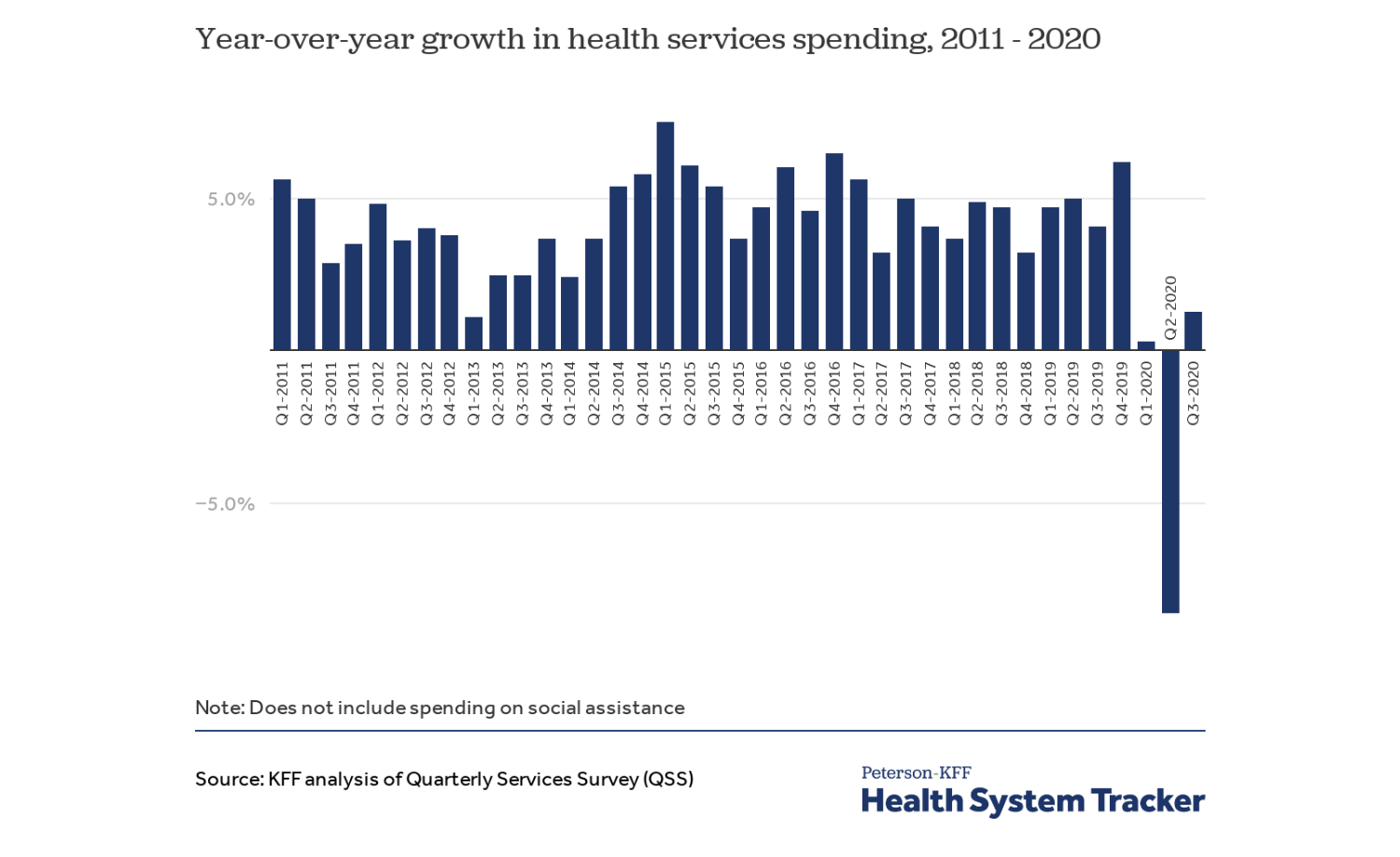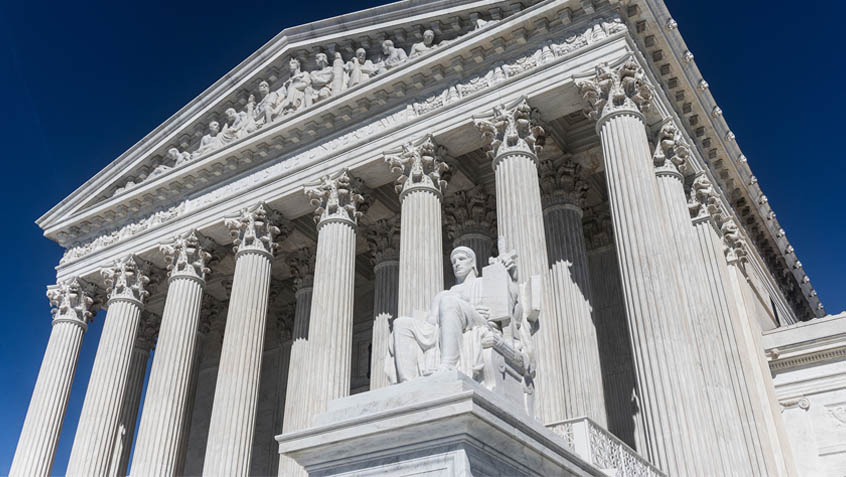
CMS Issues Annual Expenditures Report Showing Increase Similar to Previous Year
A new report from the Centers for Medicare & Medicaid Services (CMS) indicates that in 2019, national health care expenditures grew by 4.6%, similar to the 2018 growth rate of 4.7%.








